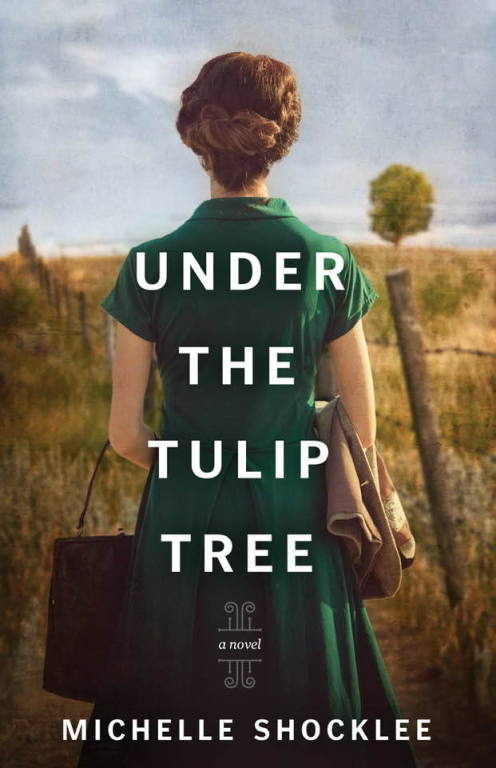I have read this book many times through my life, but this year I had the privilege of hearing Tom White, a historian (a guest of Jay Dufoe's) talk about the book. And what he had to say about this book made me read it with new eyes.
In the preface of the book, Wiesel writes about why he wrote this book. It was originally written in Yiddish and was over 800 pages long. No one would publish it. I wonder if the holocaust was too raw, too new to read about right after WWII. But eventually it was published. And then republished and is now an important part of the curriculum in both high schools and colleges.
At one point Wiesel notes,
"In retrospect I must confess that I do not know, or no longer know, what I wanted to achieve with my words. I only know that without this testimony, my life as a writer - or my life, period - would not have become what it is: That of a witness who believes he has a moral obligation to try to prevent the enemy from enjoying one last victory by allowing his crimes to be erased from human memory."
Night is a story told that breaks the heart, that calls out to that part in each of us that generates empathy. In the beginning of the book, Wiesel is a young person - an experience which each reader holds. He was young and idealistic and as time goes on he becomes less and less of himself and more and more a body just trying to get by. Humanity gets lost in this story because the Holocaust was so inhumane.
Words change meaning. Wiesel says (also in the preface)
"How was one to rehabilitate and transform words betrayed and perverted by the enemy? Hunger - thirst - fear - transport - selection - fire - chimney: these words all have intrinsic meaning, but in those times, they meant something else."
Tom White spoke about how Night is told in a series of short pieces - all strung together to tell the story. He shared that Wiesel had to share the story this way because living in a concentration camp is not something that you can truly understand unless you lived it. By providing the bits and pieces - paused by punctuation and glimpses of life in the concentration camps, Wiesel could give people a touch of the experience. White stated that there is a power in the silence, that the pauses and punctuation add the moments of silence that this story needs to get through to the reader.
I hope that everyone who opens these pages leaves the book wanting to better the world and prevent things like this from happening again. I read this as Afghanistan was blowing up - both figuratively as one government steps down as the USA leaves Afghanistan behind and the Taliban steps in, and concretely as women there are stripped of their rights and bombs are blowing up in the airport. What are we to do for our fellow humans? How can we not turn a blind eye? Night is a story about witnessing and seeing - but it goes beyond the Holocaust - it is a warning to pay attention and protect our fellow humans.









































